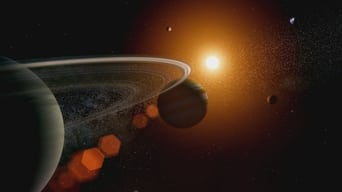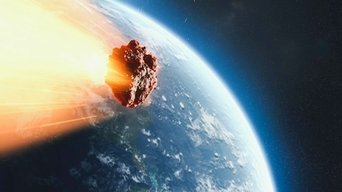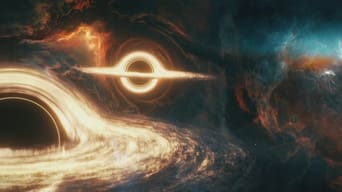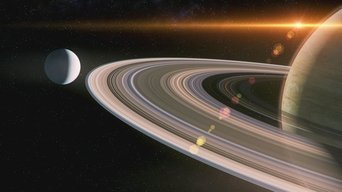John Smith
How the Universe Works is a Discovery Channel series on Astronomy. To date there are five series consisting of eight or nine episodes each. The first series was developed in 2010 and the fifth 2016, so the material is reasonably up to date.The first series was about galaxies, stars, planets etc. providing a good introduction to these topics. The later series tended to cover breaking theories such as Planet Nine, exoplanets and dark matter. As a result, as the theory is updated or revised, the information in the show tends to get a little dated.The shows format is narration, supplemented by addition contributions from scientists and researchers involved in the relevant area. The show also uses CGI and graphics to give an 'artist's impression' of phenomena such as a solar system forming, as well as telescope images of planetary nebulas, open clusters, galaxies and Hubble's ultra-deep field.However, I found the material to be fairly light weight. For example in the series one episode on Supernovas they describe a Type 1A Supernova: "The moment the white dwarf star starts to fuse carbon and oxygen into iron its doomed. Suddenly the white dwarf explodes." This is bunkum. When a white dwarf accretes enough matter from a companion star and its mass reaches the Chandrasekhar limit (due to electron degeneracy - approx. 1.4 solar masses), the star collapses, undergoing thermonuclear runaway, blowing itself to bits. About 0.6 solar masses of radioactive Nickel 56 is formed, which decays into radioactive Cobalt 56 and then into stable Iron 56. This process produces a consistent light curve and Type 1A supernovae known as Standard Candles, were used to determine distances of remote galaxies. Similarly for a Type II supernova, the explanation is also inaccurate. In addition, some very large stars (> 90 solar masses) collapse directly into black holes without any visible explosion, although this depends on metallicity and the star's rotation rate. These are not mentioned on the show.So while the show popularises astronomy with great special effects, the facts have been dumbed down for ease of public consumption. Nevertheless the show is a good introduction to our amazing universe and how it works. 7/10P.S. For a more technical explanation, try Dr Alex Filippenko's 96 lecture series (available on video): Understanding the Universe an Introduction to Astronomy.
Dustin Huff
I give this show an 8 out of 10 only because they keep changing there answers about things like the sizes of the planets... One time they will say Mars is bigger then earth and now today's episode the lady said that Mars was smaller then earth. They also do the same with Jupiter and Saturn. You're show is one of my favorite shows but you guys need to get the stories straight.other then that this show is amazing and has no other flaws from my opinion. Also I was wounds ring if maybe the show could show what's farther out past Pluto and the asteroid belt. Just a suggestion. Big fan of mike row he's an amazing guy. Last thing maybe an episode of possible plant life growth on other planets such as Mars. Thank you.
B Decker
Yes, 10/10 "How the Universe Works" is, in my opinion, simply the best astrophysics documentary in over 30 years (astro-documentary viewers will probably know what landmark series aired at that time). If you like science, gaze at the stars or have any curiosity about anything beyond your own sphere of day-to-day activity THIS SERIES WILL NOT DISSAPPOINT. For me, this is the real deal, and what many of us have been missing since Sagan's death.The series started out as a small unknown for many, without the intense fanfare given to many similar series like Tyson's "Cosmos: A Spacetime Odyssey". But this series is quite the quiet achiever. I LEARN something every episode. Interviews with leading experts like Michio Kaku and Andrea Ghez are HIGHEST QUALITY.The season one original musical score from Richard Blair-Oliphant is INSANELY GOOD for material not otherwise sold on a CD label (but right now you can still get it on Last.FM). The visual effects are well done. Commentary is well researched. But a balance is still maintained of keeping this show informative yet hugely entertaining. I often watch a re-run before sleeping. I just love it.
nimrodtangi
When I saw the lack of reviews of this magnificent documentary show I had to write something down. In my opinion this is the best show about the the universe and space to date and its taught me a lot of things I always wanted to know about our universe (and I've seen a tons of similar shows before),Lets begin with the great scientists and theoretical physicists such as Michio Kaku that explaining things we "normal" people wont usually understand in such a nice ways, and the visual effects by LOLA are great too. The show is written very well and the Narrators does a great job (personally I liked Mike Rowe better in the first season). Even the soundtrack fits perfect and I love it. Every time I watch the show its like going to a trip in a bizarre place we humans are just beginning to understand, even in the second and third time you watch it. In conclusion, I recommend this show to everyone not just space enthusiasts. Sometimes its even better or the same as watching a great drama such as Breaking Bad, True Detective etc. you should try it!
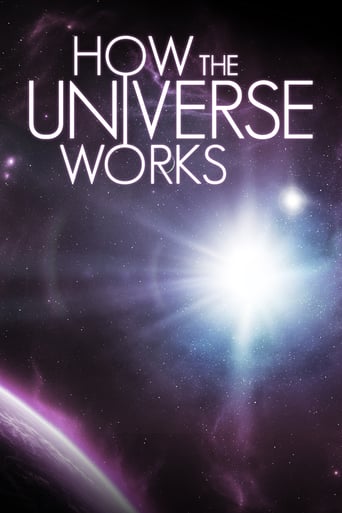
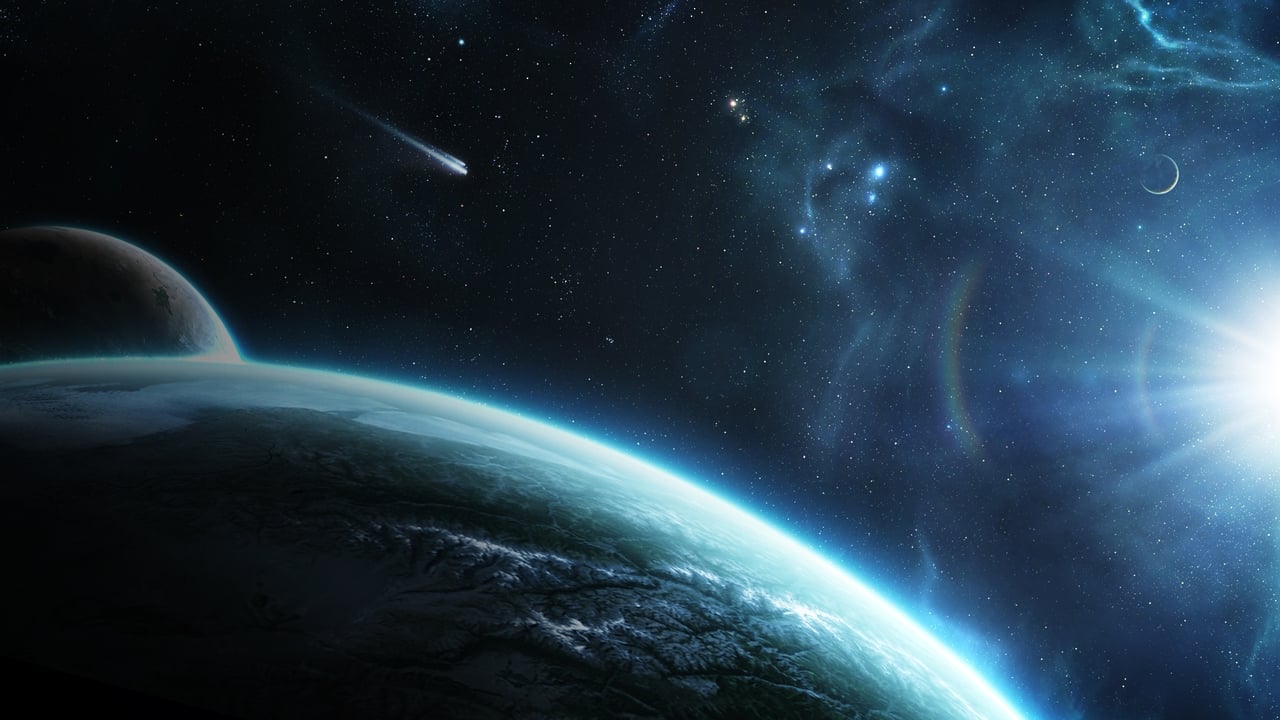
 AD
AD

